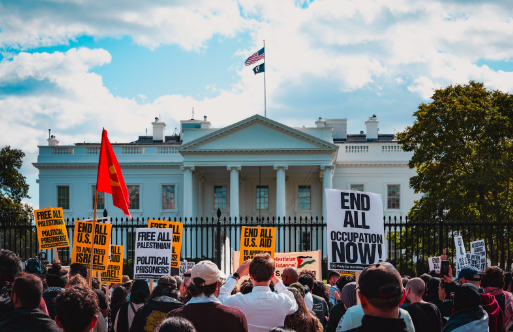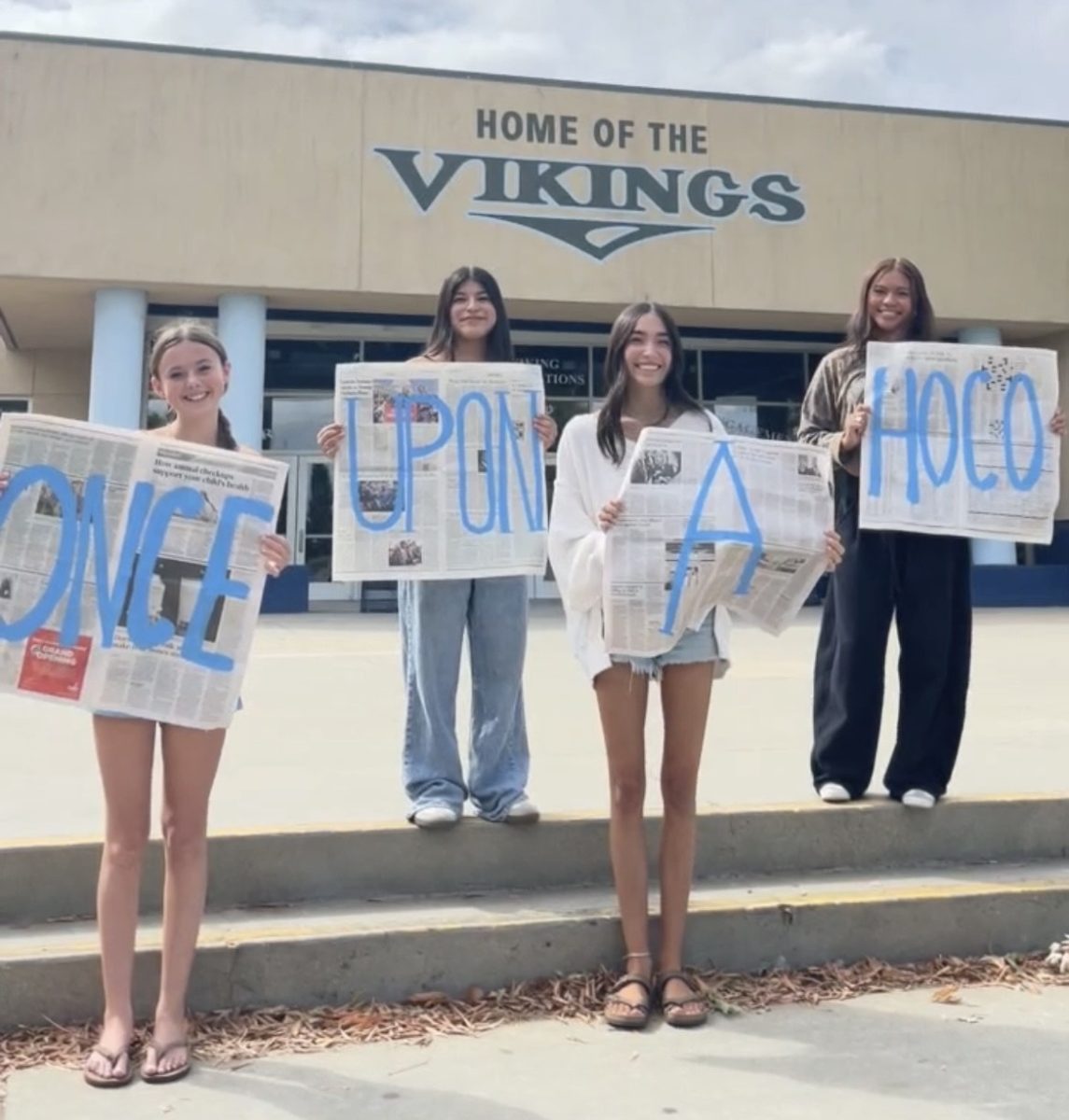On July 14, 73 days after the Writers Guild of America (WGA) went on strike, 160,000 SAG-AFTRA members joined them. This is the first time in 63 years both are joint on the picket lines, and are fighting for fair compensation and the elimination of A.I. over taking jobs. Now with more than 170,000 people striking against the AMPTP (Alliance of Motion Picture and Television Producers), what progress has been made?
What is SAG-AFTRA?
The SAG portion stands for Screen Actors Guild, which was formed in 1933 with actors Ralph Morgan and Eddie Cantor as its presidents. So why do you hear SAG-AFTRA, instead of just SAG? SAG and AFTRA were previously two separate unions. AFTRA, formed in 1952, stands for American Federation of Television and Radio Artists.
The two stood independently until 2012 when they decided their individuality allowed studios to turn them against each other. Their joining together eradicated the chances of them butting heads with one another, and allowed them to strengthen themselves. Additionally, the act of solidifying as one allowed more financial stability for its members.
Residual checks
A common misconception is that these celebrities just want more money, and are exaggerating the conditions they’re working under. In actuality, many of these actors you see are living paycheck to paycheck, and depend on it as their main source of income.
A huge part of this strike is the treatment of residual checks. What even is a residual check? In short, these are checks that are sent out after reruns, or streaming of a show or movie. For example, Netflix is home to an abundance of binge worthy shows, and has even caused a resurgence in popularity for some. Unfortunately, despite how many people watch, the amount given back isn’t what you’d think it’d be.
After the SAG-AFTRA strike began, many actors began sharing their residual checks to point out how ridiculous they are.
“Orange is the New Black” star Kimiko Glenn posted a TikTok of what she was paid for more than forty episodes, and revealed that she was only given twenty seven dollars and thirteen cents. This is the equivalent of working less than two hours at minimum wage in California.
A similar story follows actor Sean Gunn with his appearances on “Gilmore Girls.” The show had a spike in popularity following its addition to Netflix, which even granted them an original movie exclusive to Netflix. You’d think some kind of bonus would be attached to this, but sadly this isn’t the case.
In an article with Rolling Stone Sean Gunn admired the new fans Netflix has brought in, but points out the ridiculous lack of compensation for it. “Gilmore [Girls] became this runaway hit for them and we don’t share in any of that success,” Gunn said. “I’m glad that they’re seeing work that I’m proud of, but we’re not getting any of the monetary benefit from that.”
A.I.
A.I. is a major concern for both unions, and is being used to replace a wide variety of jobs. A.I. is mentioned numerous times within both negotiation contracts, and if accepted by studios, would grant real people their jobs back.
Recently background actors on the show “WandaVision” spoke out about their body scan experience. Supposedly, the scans were for Marvel to use their likeness in future projects, and actors that were scanned most likely won’t be compensated.
The use of A.I. is slowly becoming more common in the form of parody videos. There are thousands of videos of well known characters singing songs, or quoting movies and tv shows. These videos may seem harmless, but in the long run they are likely to become incredibly dangerous.
When used outside of TikTok and YouTube, it’s incredibly unfortunate for voice actors, and cheats them out of a job. Using websites to create these parodies is just the beginning of a very dangerous path studious can begin taking. After parodies comes films, where all studios have to do is input their script, without having to hire anyone for the role.
What happens now?
In short, we just wait. Many studios are stagnant in their efforts to cooperate with the unions and have made almost no progress.
For the first time in 63 years, studios have lost the majority of their workers, and therefore, their ability to make money. Following the success of movies like “Barbie” and “Oppenheimer,” it’s prevalent that without these dedicated workers, success like this is going to be much more difficult to achieve.
It’s understandable if you’re eager for your favorite show to get a new season, or a movie you’re excited for to resume production, but none of this can be done without the hard work of the members of WGA and SAG-AFTRA. Those on strike are still standing strong, and demand for their negotiations to be met.


![Well known actors such as Bryan Cranston, Brendan Fraser, Michael Shannon, and Steve Buscemi were all in attendance during the SAG-AFTRA protest in New York. Cranston took a moment to deliver a powerful speech where he calls out Bob Eiger, and demonstrates that “we [writers and actors] will not be having our jobs taken away and given to robots.”
PC- Wikimedia](https://norsenotes.com/wp-content/uploads/2023/08/Screenshot-2023-08-30-142822.png)












